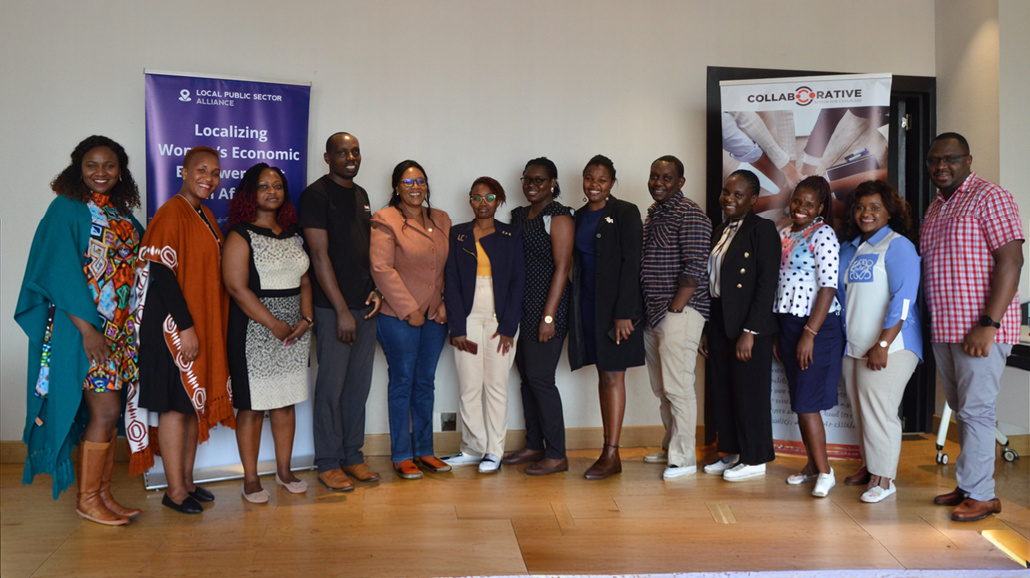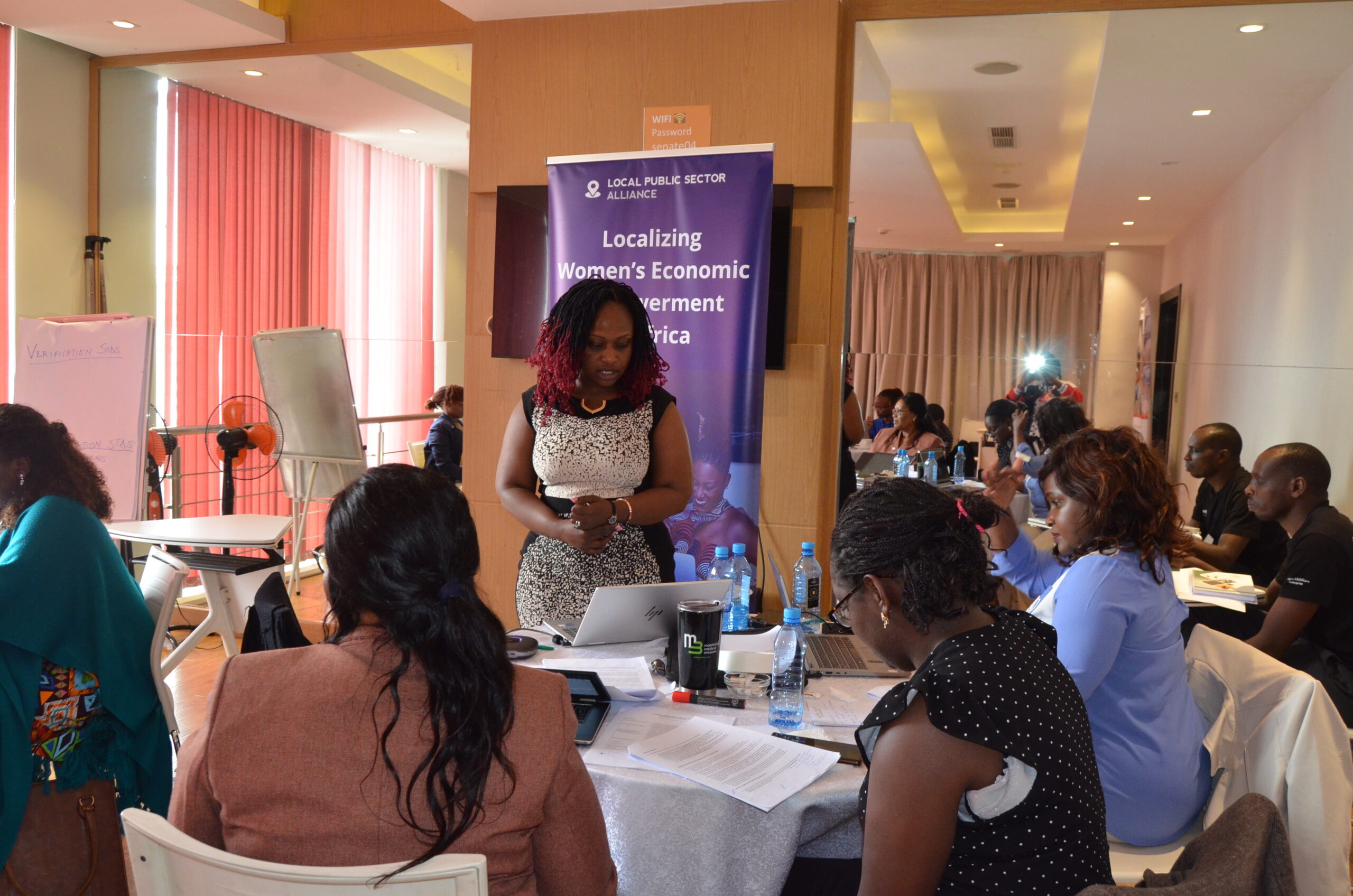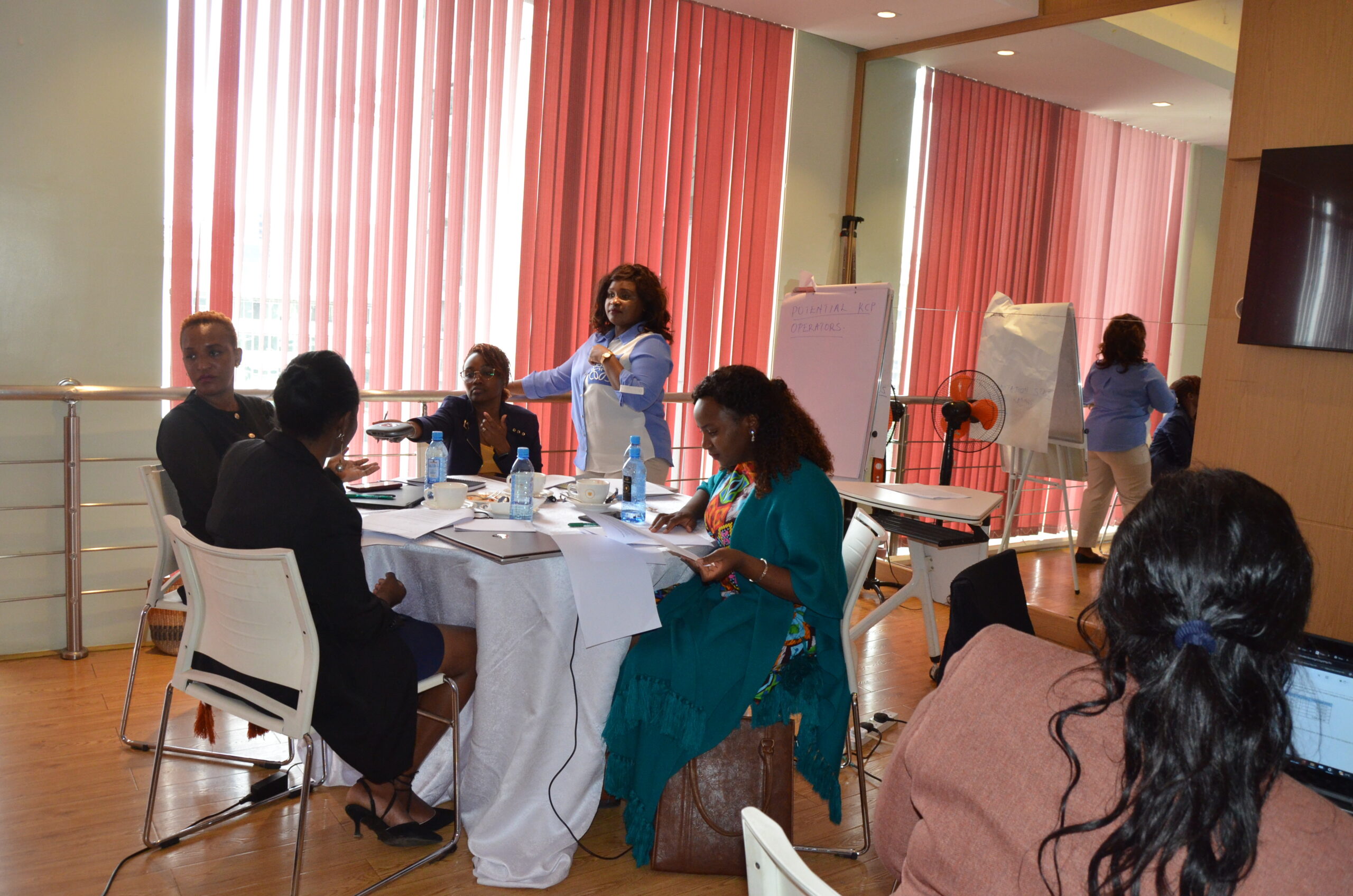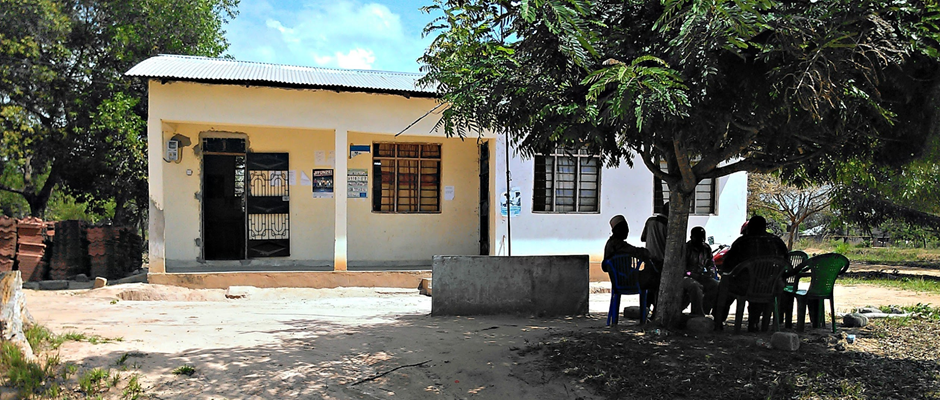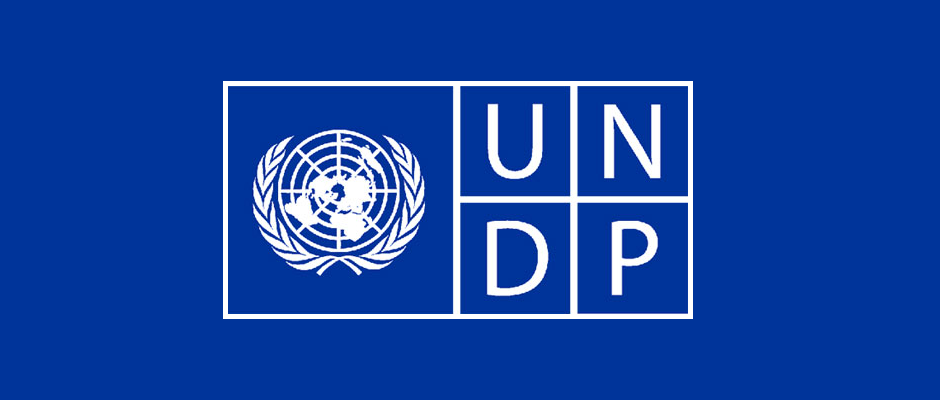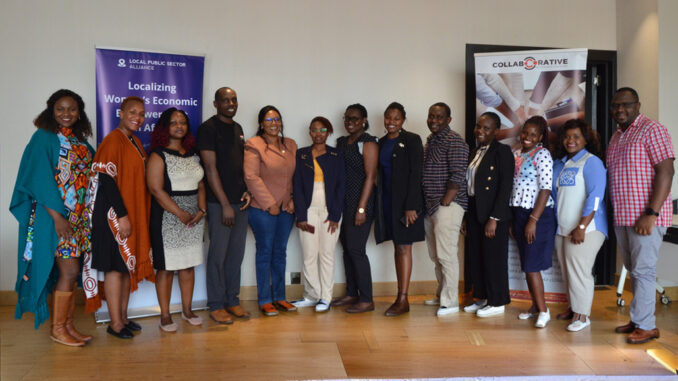
The Localizing WEE in Africa (LWEEA) project seeks to promote the adoption, funding, and implementation of intergovernmental policy solutions for women’s economic empowerment as a gender-responsive ‘macro-level’ (or multi-level) policy response that supports all women’s opportunities, access to resources, well-being, and agency. In Kenya, the project focuses on childcare ― care of children from birth to three years of age. Enhancing access to affordable, safe and quality childcare results in better labour participation outcomes for women, child development outcomes and increased economic growth at the local and national levels. However, per the ICR Facility Report on Business Environment Reforms and the Care Economy: the Case of Childcare and Parental Leave Policies, no country in Sub-Saharan Africa has a statutory childcare service system for children aged 0–2 years.
The Localizing Women’s Economic Empowerment in Kenya Technical Working Group
Since its launch in March 2024, the Localizing WEE in Africa Project in Kenya has played a unique and influential role in hosting a series of online and in-person consultations with women’s rights and childcare actors, governance and public finance experts and researchers, establishing a cross-sectoral Localizing WEE and Childcare technical working group (TWG). This TWG has been instrumental in conducting a situational and stakeholder analysis and identifying the multi-level governance obstacles to the availability of affordable, safe, and quality childcare services in Kenya.
Challenges in the Childcare Sector
A stakeholder mapping conducted by the TWG in March 2024 revealed that despite childcare being a devolved function, the role of the county governments is often overlooked. At the national level, various national ministries continue to develop many care-related policies, including the National Early Childhood Development Policy Framework (2017) by the Ministry of Education and, most recently, the National Care Policy (2024) by the State Department of Gender and Affirmative Action. At the facility level, childcare is provided through project-based donor-funded initiatives implemented by civil society organizations, religious institutions and social enterprises. However, a few counties have developed or are developing childcare policies, such as Nairobi, Kajiado, Kisumu, and Mombasa. One challenge is a lack of clarity in childcare administration at the county level, with this responsibility shifting between education and health departments from county to county. Other county efforts include the development of standards and partnerships with social enterprises, charity organizations and CSOs to provide childcare in low-income areas and markets.
Nevertheless, the provision of childcare continues to be dominated by non-state actors. The project has commissioned the Center for Rights, Education and Awareness (CREAW) to map County Government programs, activities, and spending in childcare as an avenue for Women’s Economic Empowerment in Kenya. This report will capture promising practices, identify opportunities for strengthening the role of the local public sector in childcare, and enhance learning across counties. This report is expected to be completed by the end of the year. Most importantly, the TWG has established that childcare will remain project-based and unsustainable, serving only a section of the population if the local public sector does not take on a leading and central role.
The situational analysis revealed that the childcare sector is largely informal, with limited available data on childcare providers in Kenya. First, given the cross-sectoral nature of childcare, childcare providers are often required to acquire permits from multiple government agencies, which is usually tedious and expensive. Additionally, with the lack of a comprehensive childcare framework and standards for ages 0-3 years, childcare facilities either register as a normal business and/or as private ECD centres, which have very high costs for acquiring a license and ECD guidelines that are difficult to meet. A study by Nurture First in three counties found that over 60% of childcare providers are home-based, mostly in informal settings. During a workshop attended by the LWEEA project manager and organized by Nurture First and Kidogo Early Years home-based childcare providers expressed reluctance to register given the fact that they do not even make enough revenues to meet operational expenses, with only 43% of parents able to pay fees 81-100% of the time. This, therefore, means that the formalization of childcare businesses is currently out of reach for many.
The lack of formalization of the sector and technical and financial resources challenges undermine counties’ ability to provide oversight and quality assurance. Consequently, parents and caregivers cannot determine the safety and quality of available childcare services. Additionally, in the absence of a formal sector, data on childcare providers remains limited, undermining counties’ and actors’ ability to be responsive to the sector’s needs. In the absence of quality ratings and accreditation, the quality of childcare service delivery is poor, resulting in a weak and underdeveloped industry.
Towards Formalization: Proposed Solutions
To address these constraints, the Localizing WEE TWG identified the need for simplified procedures to formalize childcare businesses by taking advantage of a digital tech-enabled platform. On August 16, 2024, the LWEEA TWG held a workshop to deliberate on establishing a county-led registration and licensing portal. The registration and licensing portal would 1) enable parents and caregivers to more easily find the childcare options that are right for them, 2) address the administrative and cost obstacles to acquiring a license, 3) provide the county governments access to data on all childcare providers and a low-cost regulatory mechanism and 4) enhance greater transparency and competition improving quality of childcare in Kenya. The Localizing WEE TWG is developing the portal, which the TWG will pilot within the next year.
The technical working group of the Localizing WEE in Africa Project illustrates the power of collaboration, with its efforts being synergistic with other initiatives by its members. It is comprised of a cross-sectoral array of actors, including Wowmom Kenya, Tiny Totos, Kidogo Early Years, Nurture First, WIEGO, Community Initiative Agenda, SOS Children’s Villages Kenya, Uthabiti Africa, the Collaborative Action for Childcare, the National Gender and Equality Commission, CREAW Kenya, Intergovernmental Relations Technical Committee, Institute of Public Finance, ICRW, and Global Justice. Together, these organizations are working towards a common goal-the formalization and improvement of the childcare sector in Kenya.

